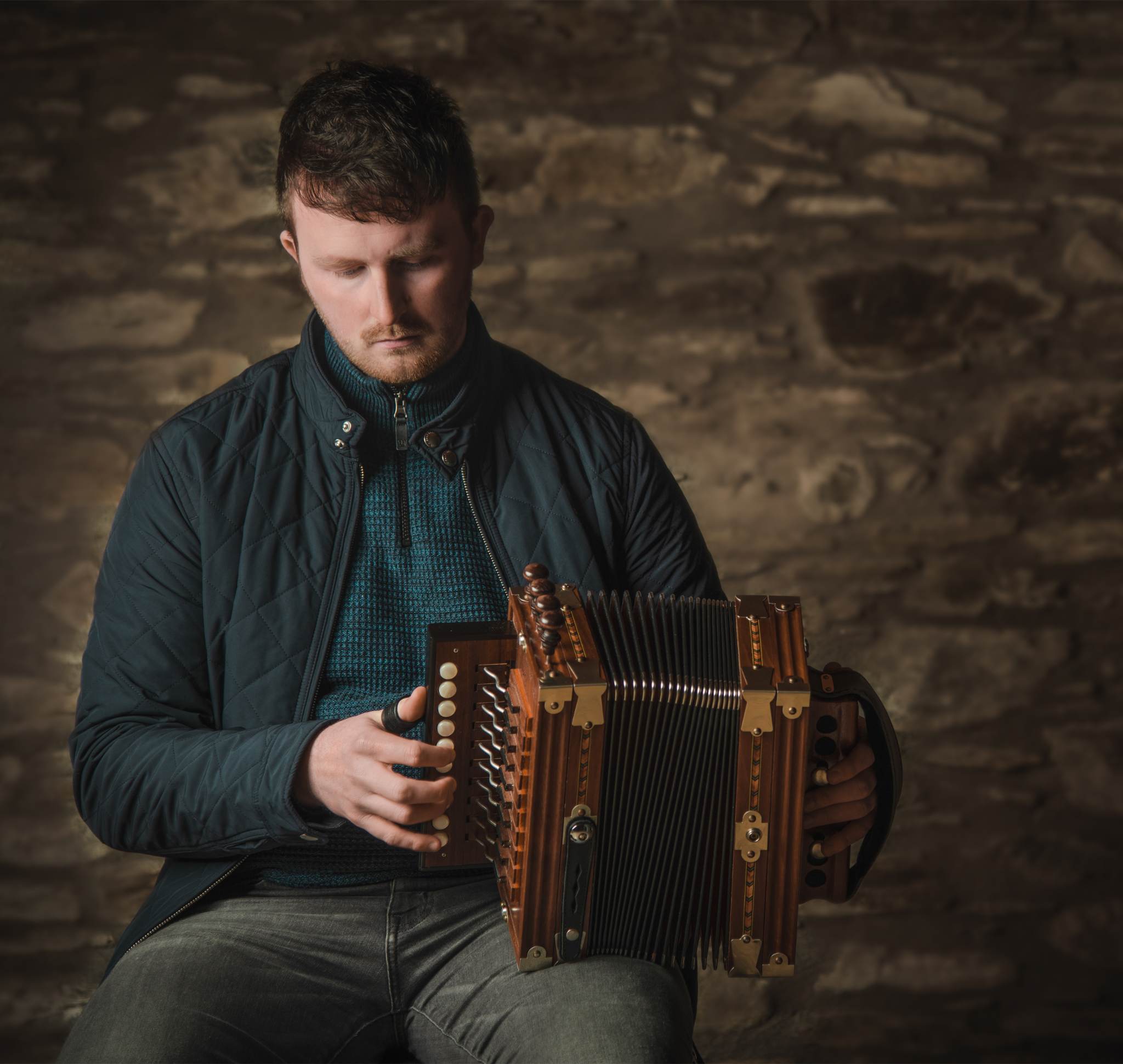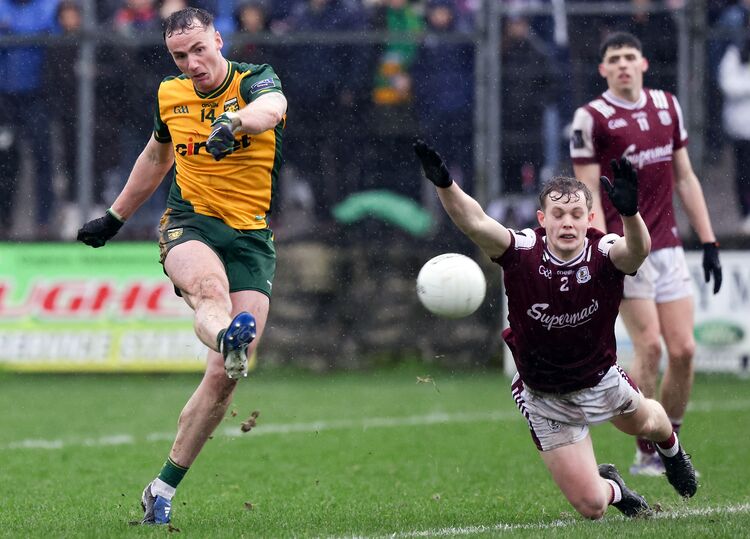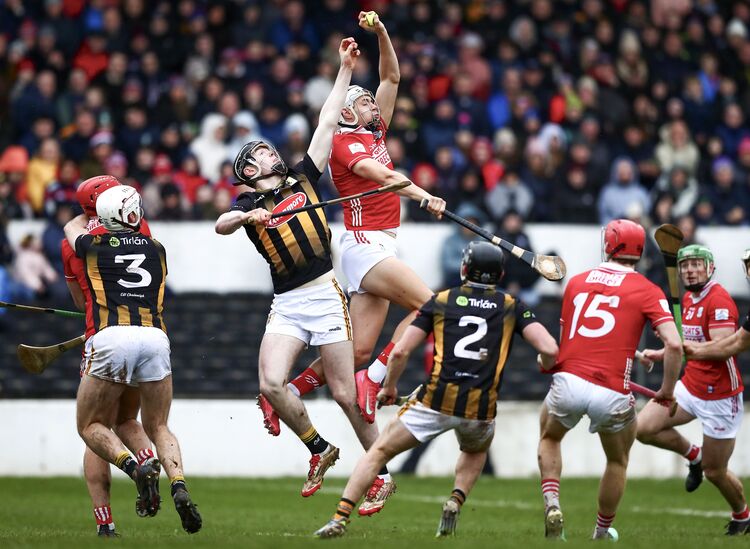Starting this with an email I received last weekend from Richie Piggott – whose book “Cry of a People Gone: Irish Musicians In Chicago 1920–2020” I think is terrific – to say that his online archive of Irish traditional music from Chicago had launched. Turns out, the website serves as something of a supplement to the book and consists of recordings, images, videos and more that deepen the understanding of the history of Irish music in Chicago Piggott’s book provides.
I took a little online dander over to the new site and was impressed with what I found. At this point, the site includes a pretty spectacular assortment of material including a manuscript collection attributed to Edward Cronin (an important fiddler and a source for Francis O’Neill) and a number of recordings that feature Padraig O’Keeffe, Cuz Teahan, Jimmy Neary, Eleanor Kane Neary, Johnny McGreevy, Tom Fitzmaurice, Jimmy Giblin, Frank Thornton, Joe Shannon, and many others. Piggott says he’ll be adding to the site over the next few months, which I think will be very good. It’s a great new resource and I think anyone interested in Irish music history should check it out by visiting https://www.richiepiggott.com.
In other news: back in March, I wrote about “Siúl na Slí,” the new accordion album from Diarmuid Ó Meachair. What I didn’t quite realize then was that Ó Meachair had released two albums in quick succession, the second being “Melodeon Medleys,” an album that really shows off what Ó Meachair’s capable of on that instrument. I thought “Siúl na Slí” was a terrific album and you know what? This one is too – Ó Meachair’s is a high energy musician with great rhythm and technique, and an excellent vessel for communicating the nuances of the melodeon’s history in Irish music. This is an outstanding album.
Let’s revisit what I wrote about him in the March column as a way of refreshing our collective memory: Ó Meachair is an accordion & melodeon player and sean-nós singer from Cúil Aodha in West Cork. A serious young talent (and when I mean serious I’m not kidding – I saw him perform at the Catskills Irish Arts Week and it was eye opening), last year was named TG4 Gradal Ceoil’s Young Musician of the Year. In my column I added that he is “the sort of player who not only has great technical skill but also brings incredible soul to his music,” and you know what? I’m not moving off that position. (I mean, if you saw him perform at the Catskills Irish Arts Week this year as I did, how could you?)
“Melodeon Medleys” includes 13 tracks of instrumental music with backing by Paddy McEvoy (piano) and Ruairí McGorman (bouzouki), both of whom add subtleties that give Ó Meachair’s playing additional lift. The album’s liner notes state that “the majority of these tunes were recorded by the great Peter Conlon,” but there is more at hand here than simply a Conlon tribute. (BTW, This gives me great opportunity to mention “The Genius of Peter Conlon,” the incredible 2021 two-disc set from Oldtime Records that reissued essentially all of Conlon’s 78rpm recordings – if you’re an accordion player and you don’t have it, that’s a situation you should remedy, https://www.oldtimerecords.com/.) Yes, there are several nods to Conlon, but that doesn’t mean that the imprint of other melodeon luminaries like Ma McNulty and John J. Kimmel, aren’t there as well because he’s got those bases covered as well.
The music here fabulous throughout. “The College Groves / The Scholar”, a couple of tunes Peter Conlon recorded in 1928 and 1921 respectively, are gorgeous. Deftly rendered with brilliant swing, it’s exactly how you’d want to hear the melodeon played.
Elsewhere, Ó Meachair dips into real 19th century territory with a couple of Kimmel-inspired tracks, “Kimmel’s Medley of Straight Jigs” and “Kimmel’s Medley of Clogs.” In those days, the term “jig” not only meant tunes in common jig times like 6/8 and 9/8, but it also could be applied to dances for syncopated tunes in meters like 2/4 and 4/4. These were called “straight” jigs and although American in origin were brought to prominence on the stage by Irish American musicians. Like straight jigs, clogs were for syncopated dancing and appeared in the same sorts of collections, like “Ryan’s Mammoth Collection,” an important source of tunes in the day. The way Ó Meachair plays these tracks is not only highly acceptable to 21st century ears, but would surely have thrilled audiences of their era.
Another real standout for me is “The Rolling Rocks of Glan / McBan’s”. The first of these tunes came from a 1941 McNulty Family recording. Ó Meachair’s version pays appropriate tribute to the heart in McNulty’s recording, but puts his own inimitable spin on it. “McBan’s,” again, a tune Conlon recorded, is played with real muscle and a strong sense of the expression in Conlon’s music. Great stuff.
If you love the melodeon or just the sound of a driving free reed instrument played with exceptional skill, “Melodeon Medleys” is an album for you. Ó Meachair is an utterly superb player and one that you should be listening to if you love the pure drop Irish music. Give this one a spin, it’s worth digging into. “Melodeon Medleys” can be purchased here.









